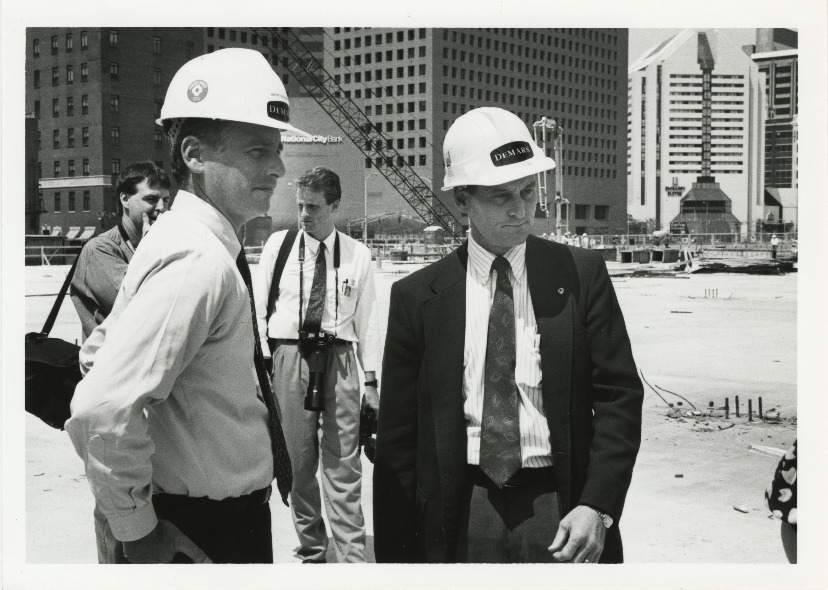
Lessons for the New Mayor of Indianapolis
The victor of this month’s election should listen to Ted Frantz, a professor at the University of Indianapolis who oversees the school’s Institute for Civic Leadership and Mayoral Archives.
Here, a few of Frantz’s tips on how to succeed in city hall.
Finish the Transit Hub
William Hudnut got the ball rolling on Circle Centre, but Stephen Goldsmith took office before the project broke ground. Goldsmith honored his predecessor’s vision and cut the ribbon in 1995. In turn, Circle Centre became the anchor of a compact downtown fit to host the Super Bowl. In the spirit of continuity—a hallmark of Indy mayoral administrations, Frantz says—the city’s new leader should commit to funding Greg Ballard’s transit center and the changes it will bring to the area around the City-County Building.
Repair relations with the Statehouse
Would RFRA have passed if Republican Party leaders, knowing the damage the law would do to Indianapolis, held more sway over the governor? In an age when self-sufficient candidates are less beholden to a party for fundraising, they can break rank and play to their bases, Frantz says. He believes the new mayor would do well to restore the kind of solid footing past mayors have enjoyed with the General Assembly. Often, the city needs the state’s help—for instance, Richard Lugar wouldn’t have passed Unigov if then–Governor Edgar Whitcomb (below, right, with Lugar) hadn’t signed the consolidation of Indy and Marion County governments into law. “It only got created because the city is the creature of a state,” Frantz says.
Prepare for disaster
Hudnut masterfully coordinated the response to the blizzard of 1978, which was so bad that National Guard tanks had to rescue stranded motorists; Ballard, though, bungled Snowpocalypse in 2014. At least that’s how history will remember the events. “A snowstorm, like other disasters, natural or otherwise, doesn’t know political parties,” Frantz says, but they leave a strong imprint on voters’ minds. His tips: Lead from the front and stay in touch with nonpolitical neighborhood organizations and faith-based groups, which play vital roles when catastrophe strikes. It need not be weather, either. If an act of police violence occurs, the mayor would need a lot of help to keep the peace and heal the community.







